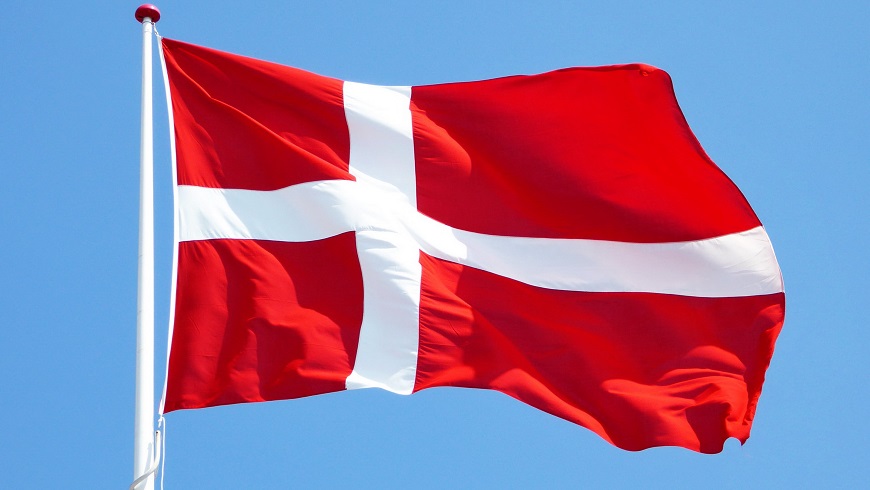In a report published today, the Council of Europe’s Group of Experts on Action against Trafficking in Human Beings (GRETA) urges Denmark to improve the identification and protection of victims of trafficking, and to ensure that human trafficking offences are investigated, prosecuted and lead to effective, proportionate and dissuasive sanctions.
This third report on Denmark’s implementation of the Convention on Action against Trafficking in Human Beings, focuses on access to justice and effective remedies for victims of trafficking in human beings. It also assesses developments since the publication of GRETA´s second evaluation report in 2016.
GRETA acknowledges that progress has been made in some areas, such as the establishment of a national referral system comprising five regional groups, and the setting up of a website and hotline for victims of human trafficking, providing information in seven languages. Further, detailed instructions and guidance on how to deal with victims of human trafficking have been issued by the Director of Public Prosecutions.
In Denmark, victims of human trafficking are entitled to a free-of-charge support lawyer during criminal proceedings and can claim compensation from the perpetrators and the state. However, only a small number of trafficking victims have received compensation. GRETA makes a number of recommendations for improving victims’ access to compensation, including by simplifying the procedures and reviewing the eligibility criteria for claiming compensation.
The number of convictions for human trafficking remains low, in particular for trafficking for the purpose of labour exploitation. GRETA calls on the Danish authorities to allocate necessary human and financial resources to ensure that cases of human trafficking are proactively investigated, prosecuted and lead to effective, proportionate and dissuasive sanctions.
The report considers that Denmark should better protect victims and witnesses of trafficking from potential retaliation or intimidation during court proceedings, as well as upon return to their countries of origin. Further, GRETA urges the Danish authorities to develop the existing guidance on the application of the non-punishment provision to victims of trafficking, and to promote its application.
GRETA welcomes the increased efforts to identify child victims of trafficking amongst asylum seekers and the setting up of five children’s houses, equipped with facilities for interviewing child victims and witnesses. However, GRETA calls on the authorities to further improve the identification of child victims of trafficking, and to take steps to address the problem of disappearance of unaccompanied children from reception facilities.
Moreover, GRETA stresses that victims should be provided with a recovery and reflection period, rather than a time-limit to prepare their removal from the country. “It is nearly impossible for a victim of human trafficking to get a residence permit in Denmark,” the report noted. GRETA urges the authorities to review the application of the system for granting residence permits to victims of trafficking with a view to ensuring that the victim-centred approach which underpins the European Anti-Trafficking Convention is fully applied
Denmark is primarily a country of destination for victims of trafficking. The total number of trafficking victims identified in the period 2016-2019 was 380, including 28 children. The most frequent form of exploitation remains sexual exploitation, followed by labour exploitation and forced criminality. More than half of all victims were Nigerian and the large majority of victims were women. The large majority of victims were women, but in 2018, when the majority of victims were subjected to labour exploitation, there were more male victims.




